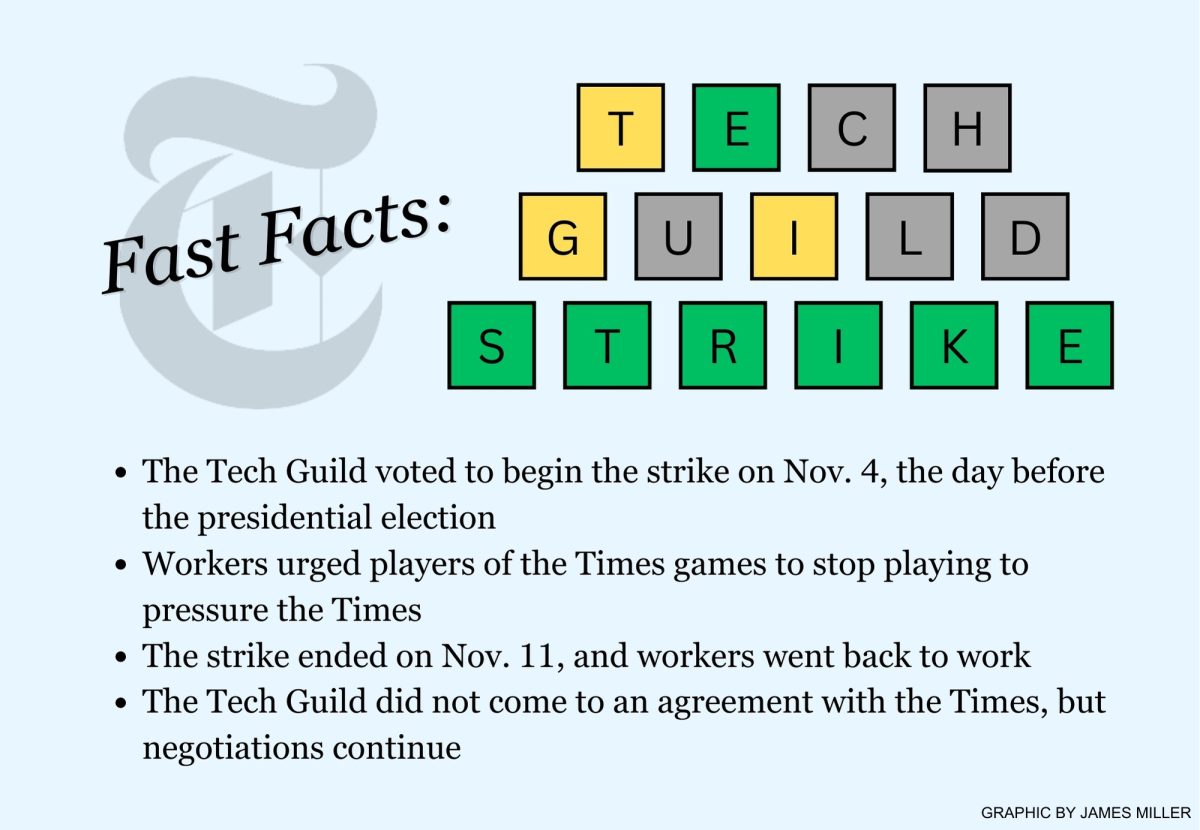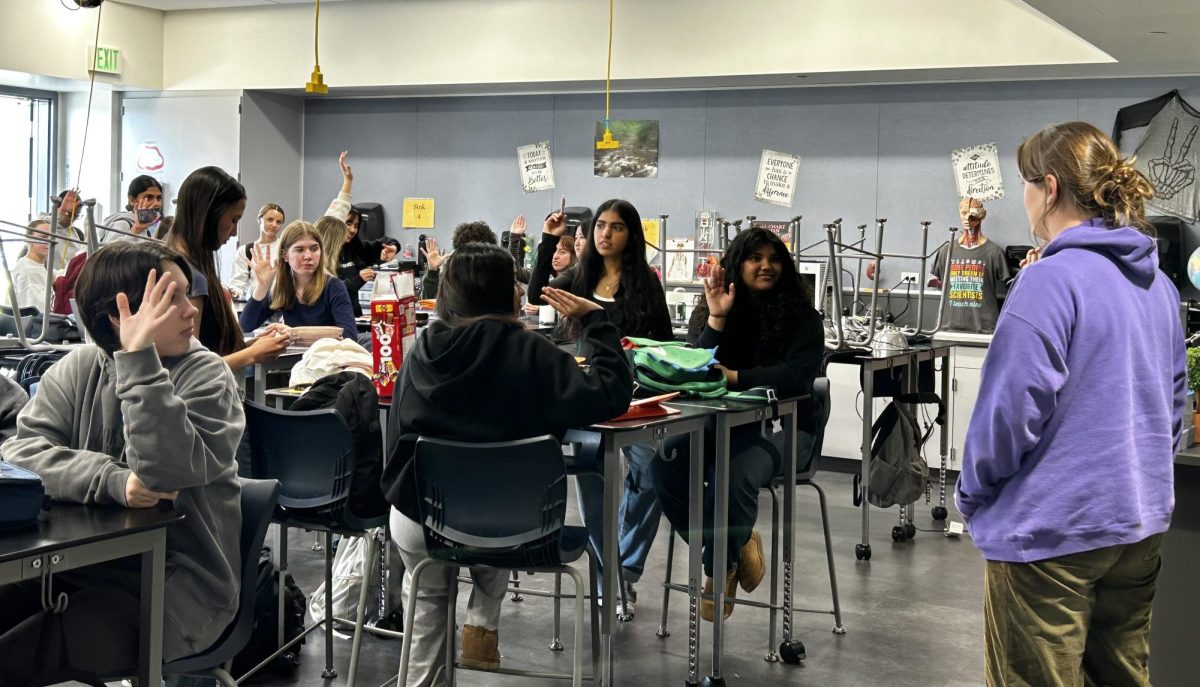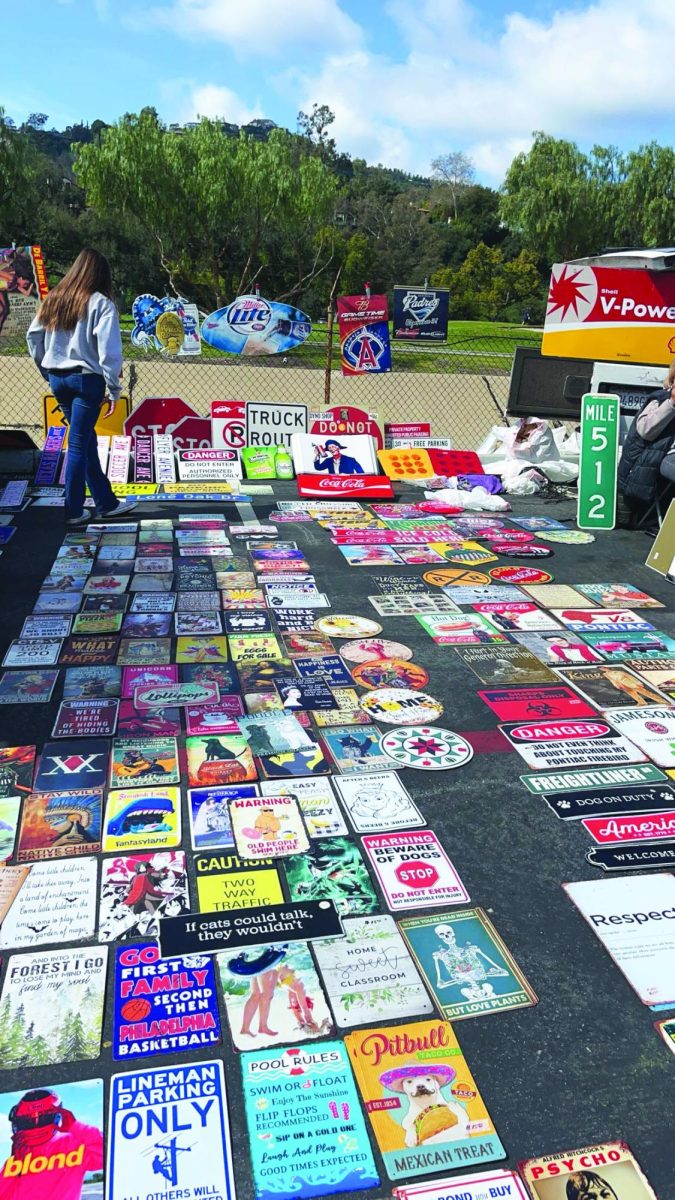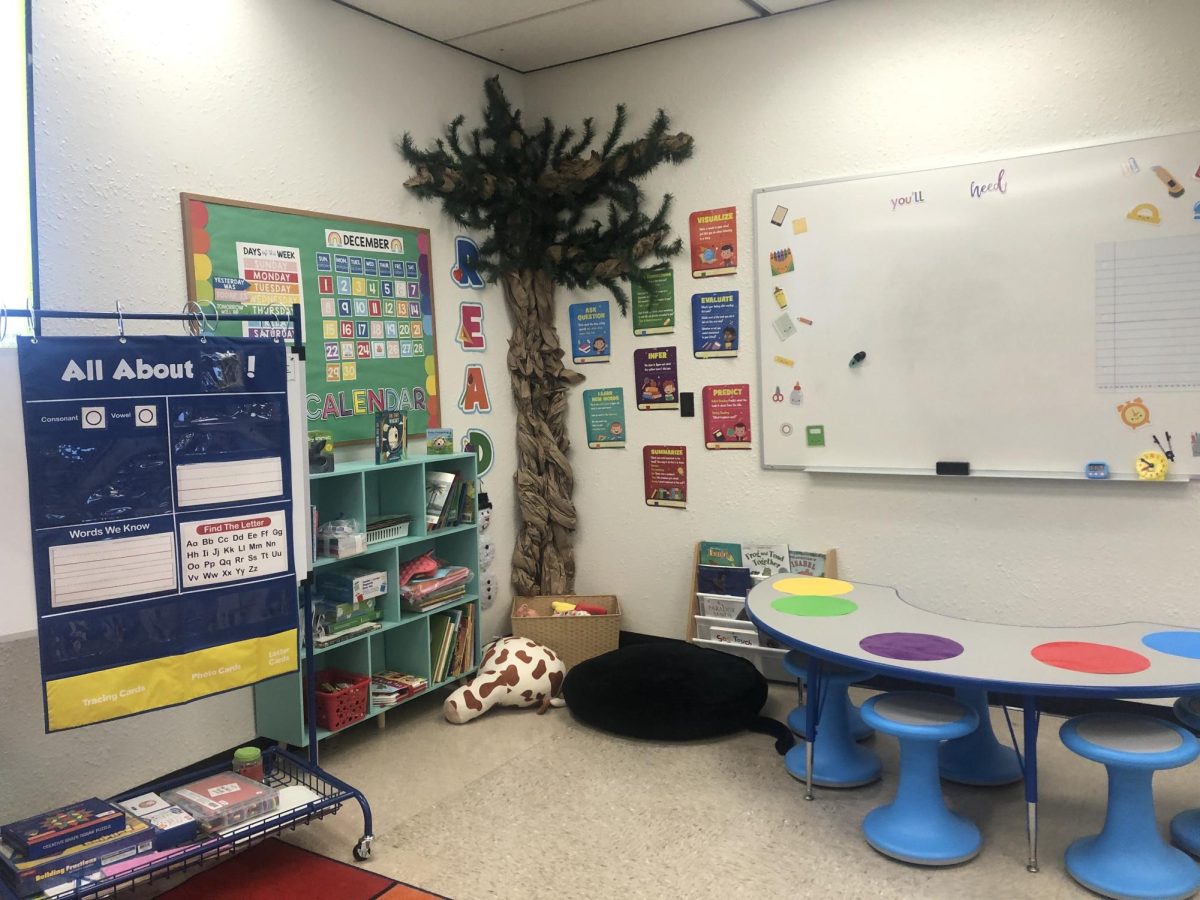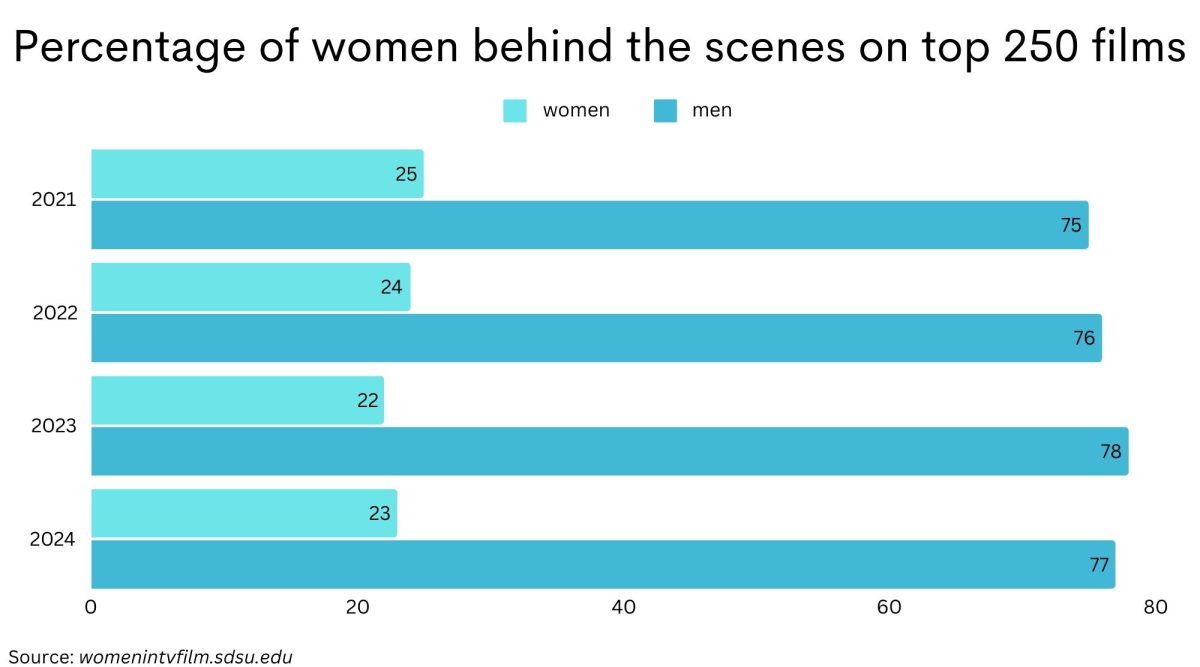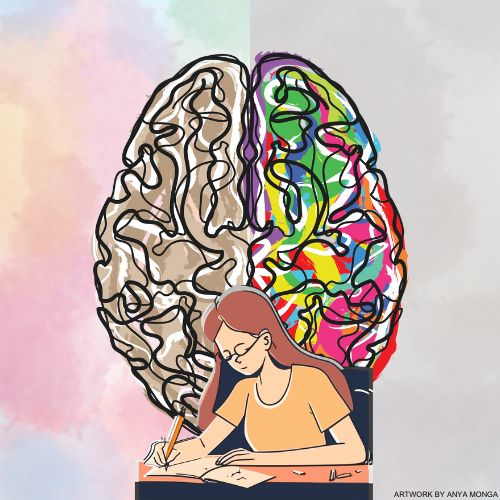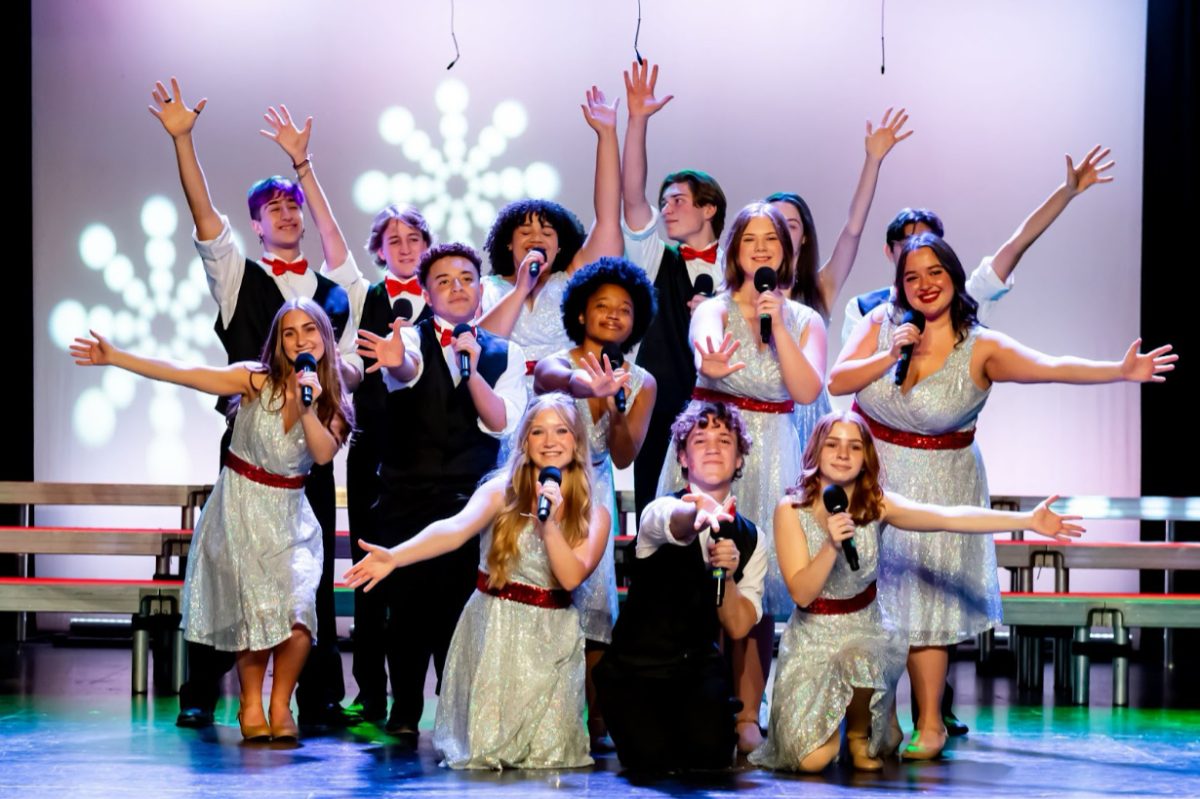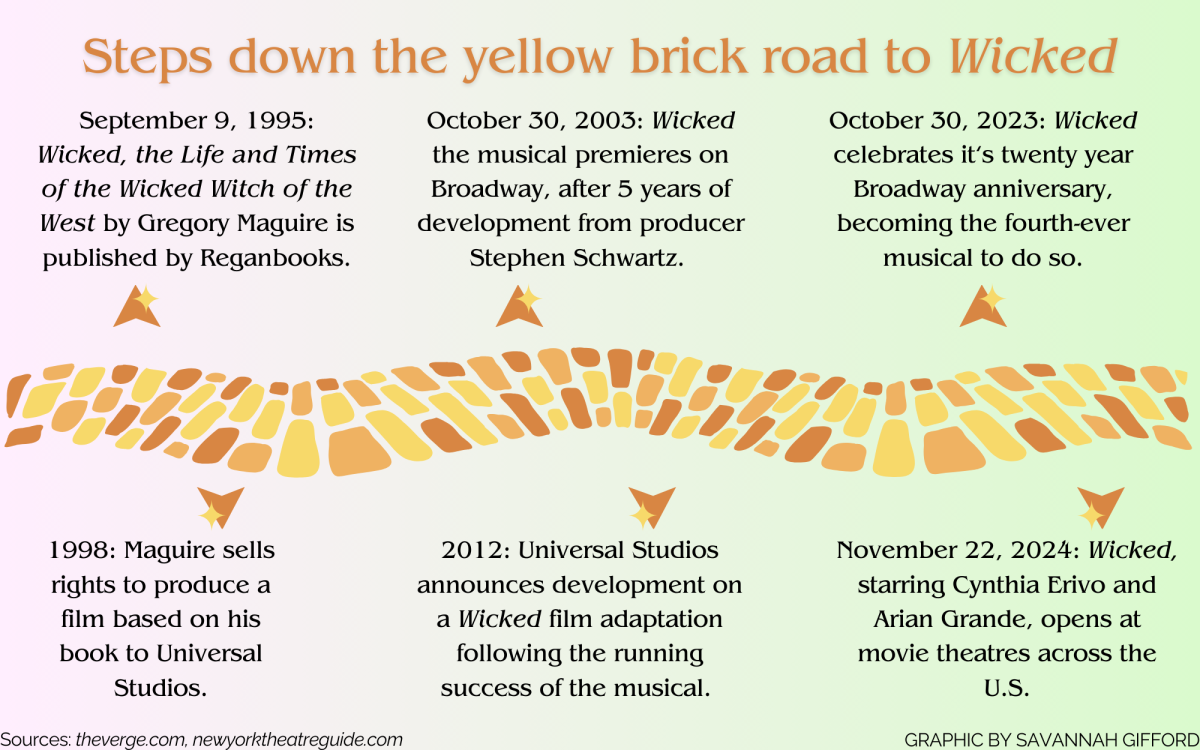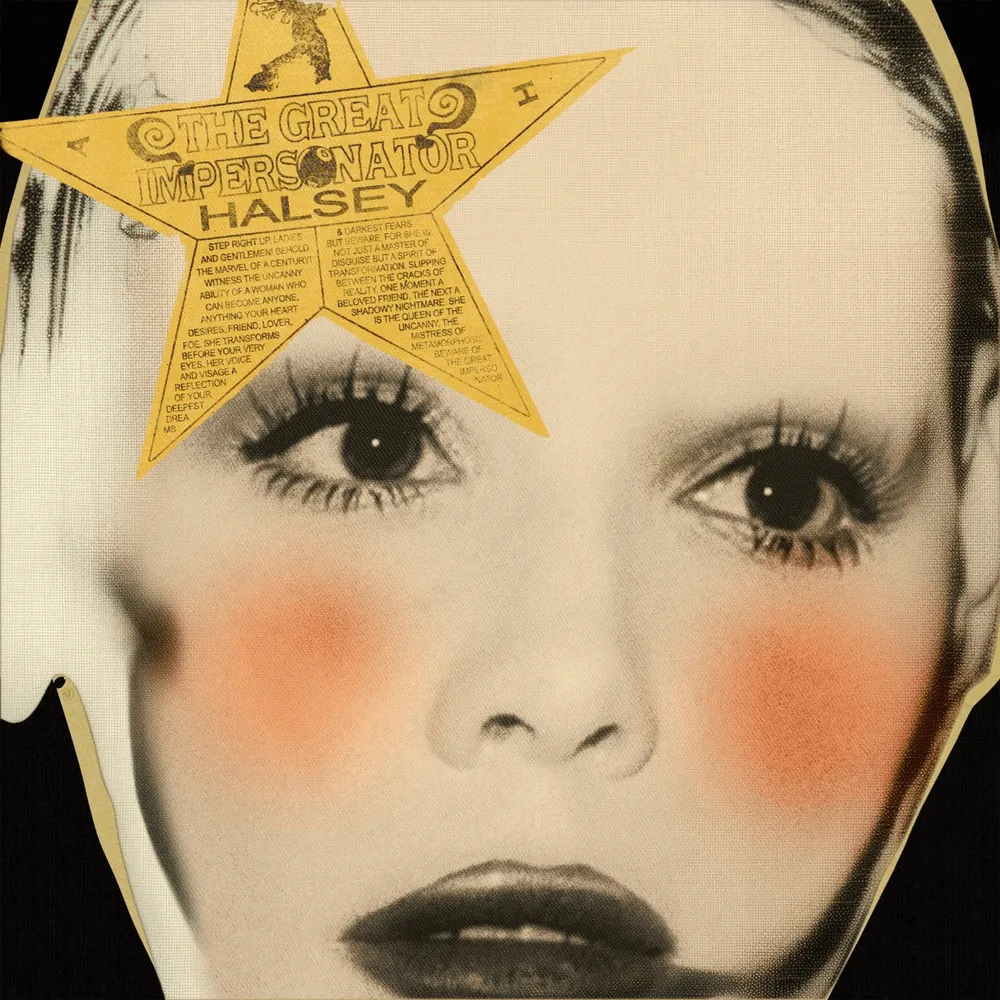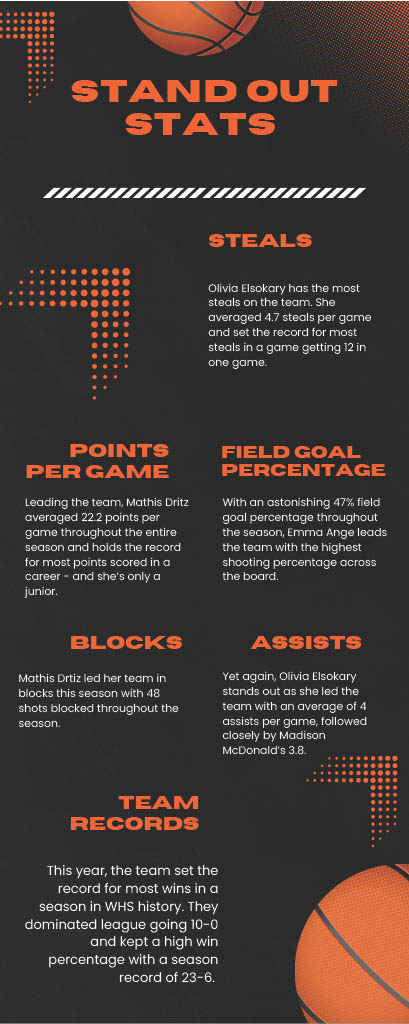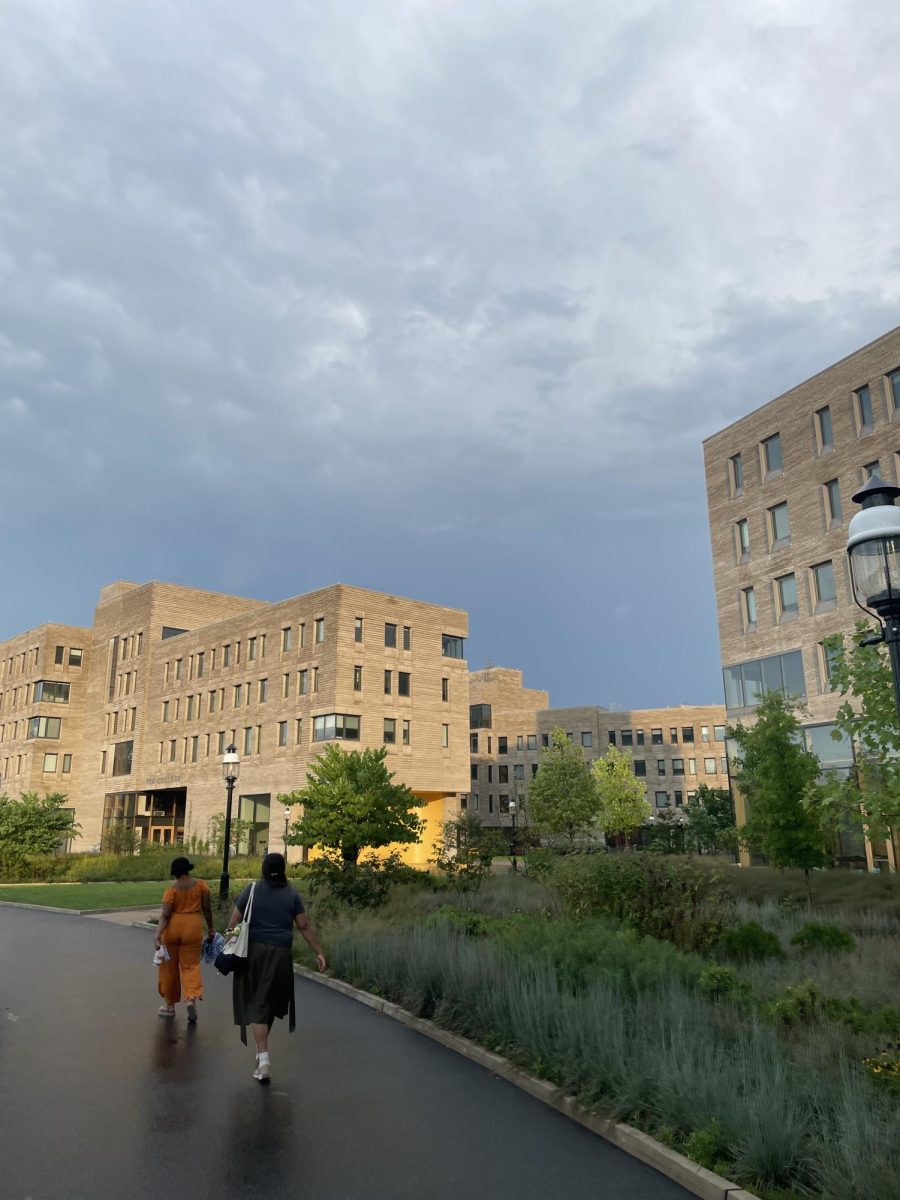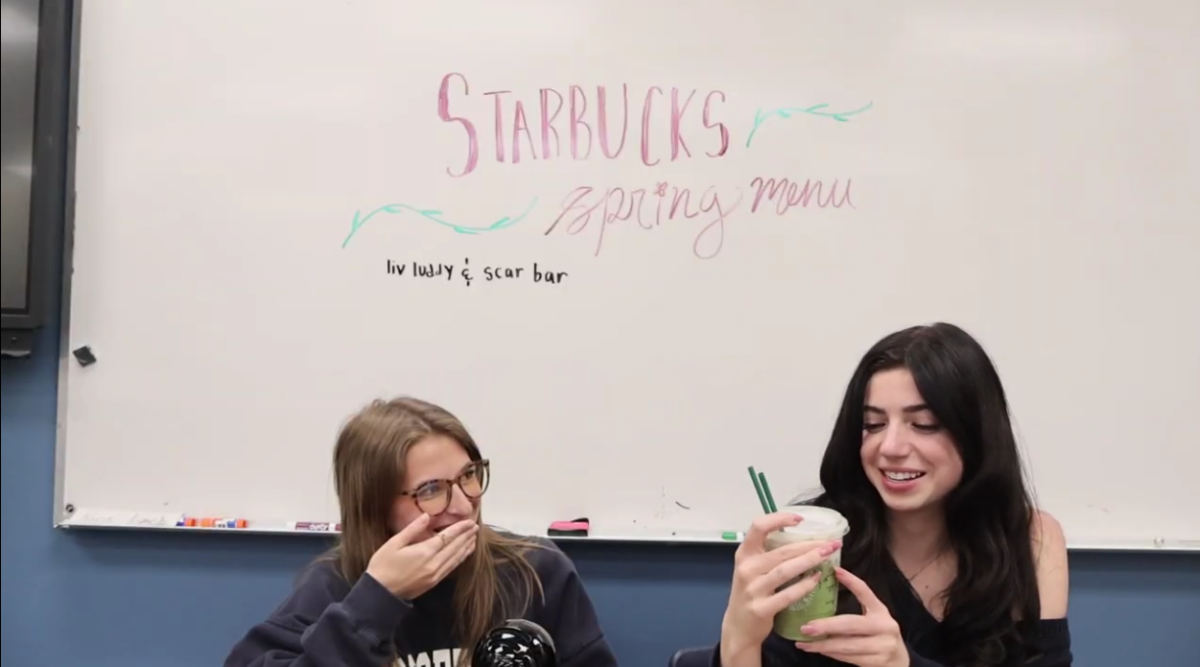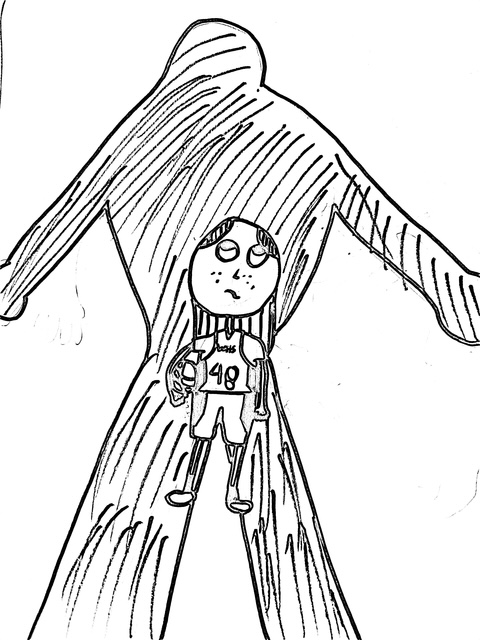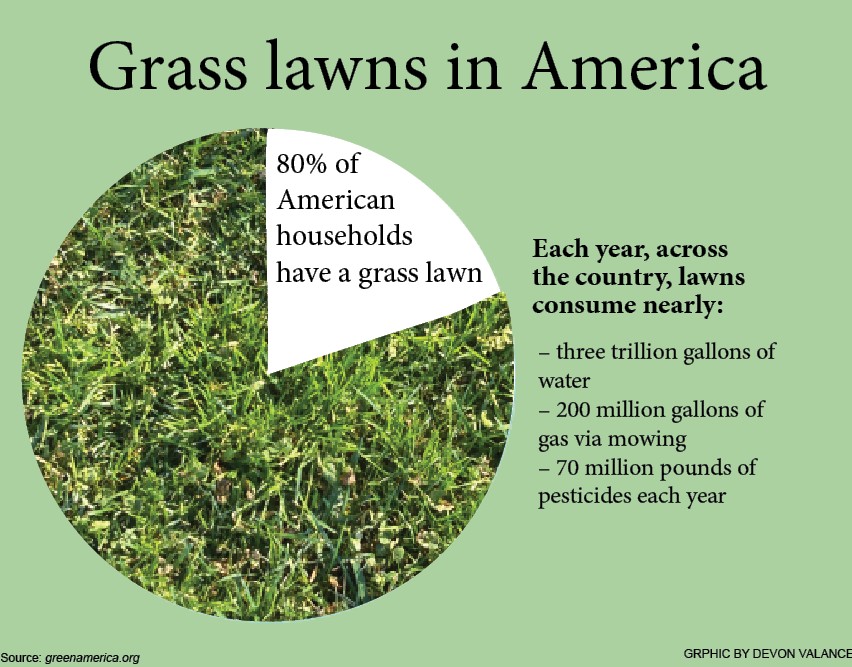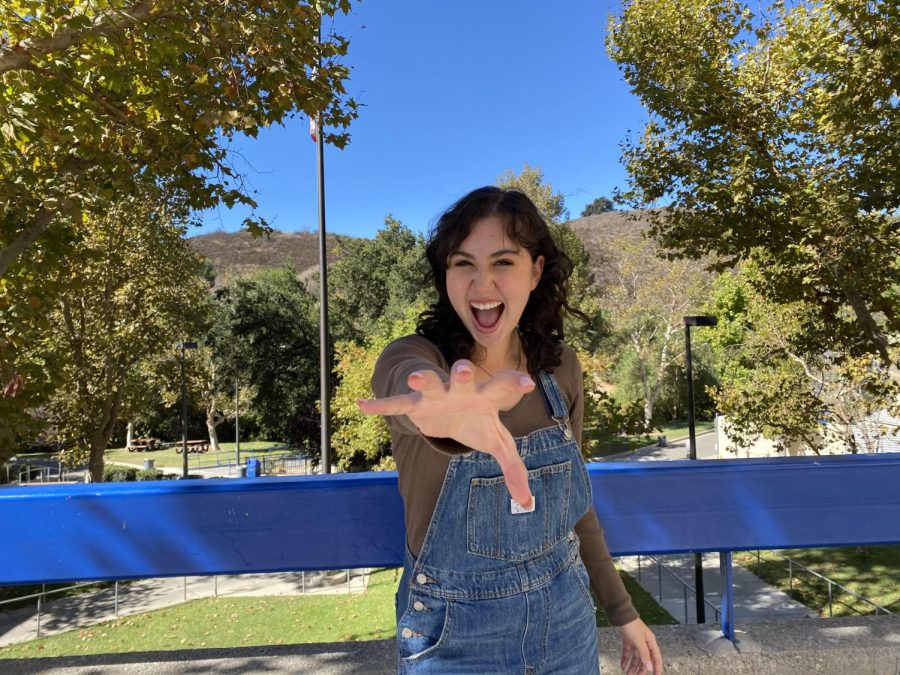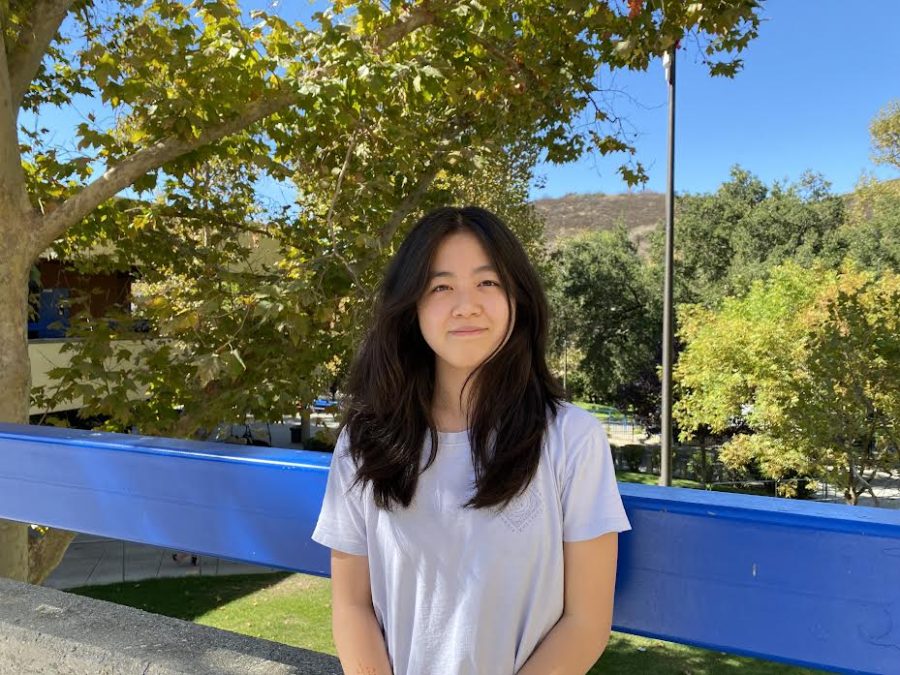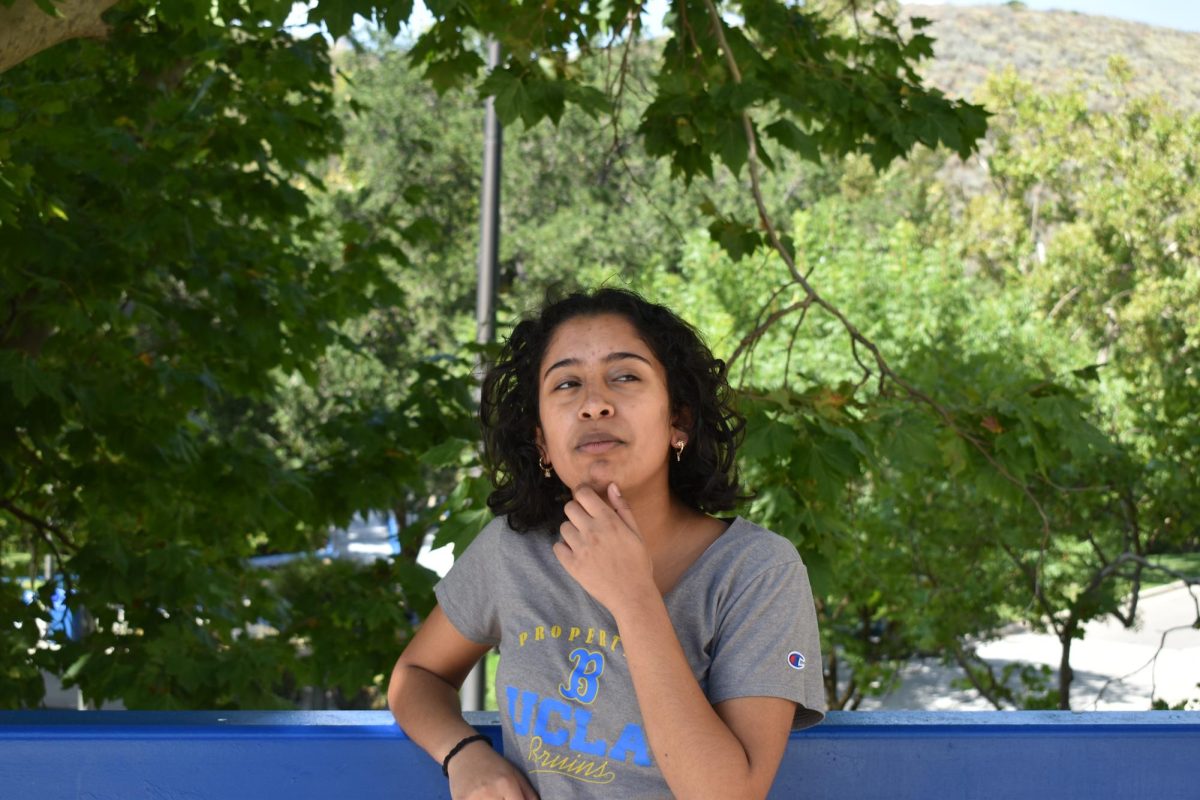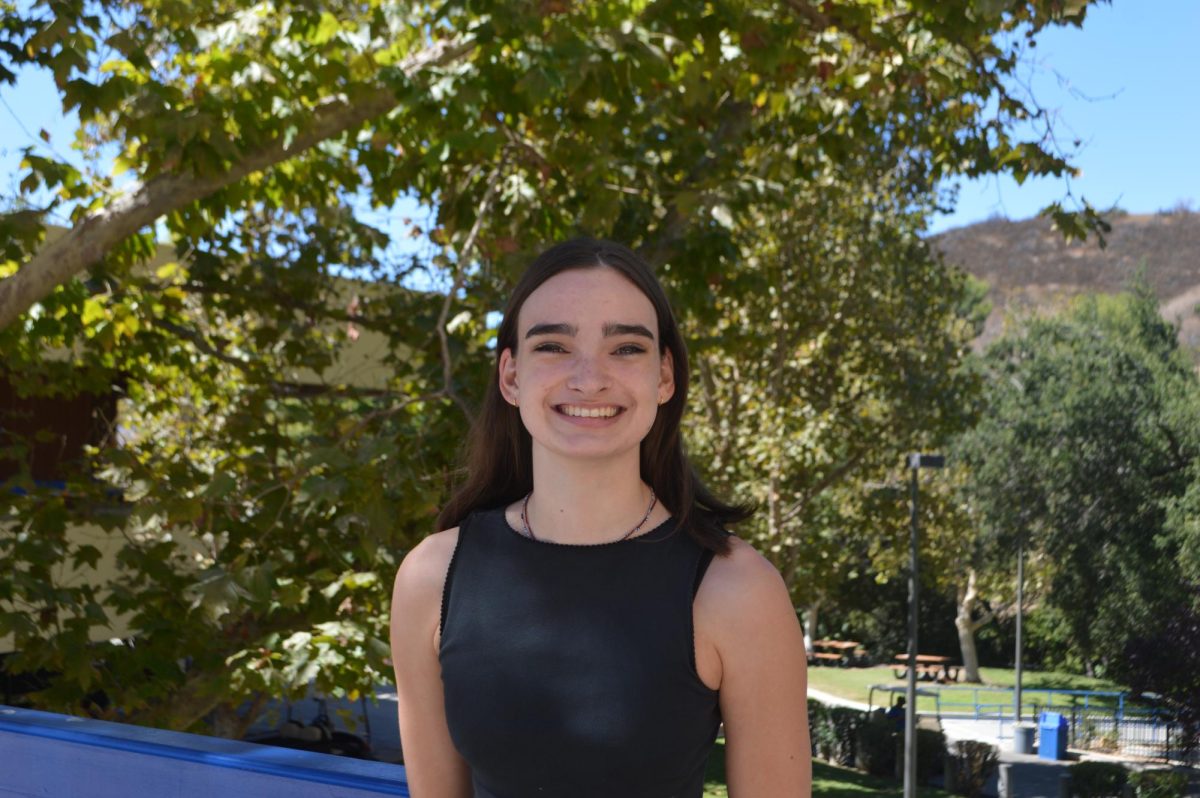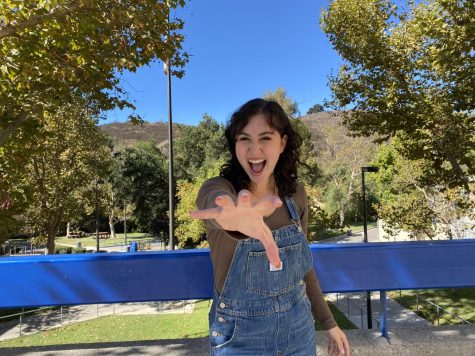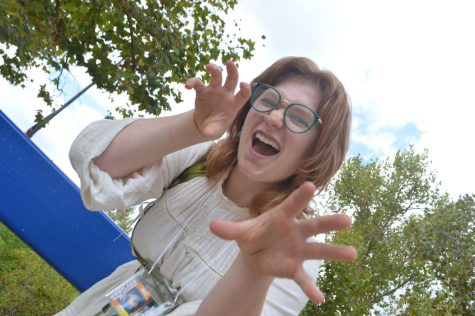Microsoft Word was my window into a passion for writing poetry.
I was eight years old, and my mom had just downloaded Microsoft Word onto her desktop computer. I watched eagerly as the cursor began to blink, awaiting my words to fill the electronic page. I took a seat on our couch, taking great care to establish my claim to this computer. Soon after, I typed my first stanzas.
Every morning, this routine would commence. I rushed down the stairs, snagged the computer and wrote as much poetry as my brain would allow. Grievances of my eight–year–old self – such as having to clean my room or wash the dishes – would transform into dramatic metaphors and sharp, staccato–sounding rhymes. I didn’t recognize it then, but writing poetry was my way of understanding myself and the world around me.
As I grew older, making sense of our increasingly complex world was more challenging than ever. Rather than channeling this confusion into the solace of writing, I tamped it all down and reached for my phone and the TV remote instead. On the surface, these coping mechanisms kept me fully functional, but it was an unfulfilling cycle.
Pure boredom on a rainy day, though not a pleasurable experience, provided me with the motivation to open Microsoft Word once more. Attempting to rekindle my love for poetry, I wrote a simple haiku. The contents of this poem were decidedly irrelevant, but I remember the distinct feeling of contentment and the creative release that I experienced thereafter. Once again, poetry had become a part of my daily routine.
Writing poetry provided numerous outlets for my creative expression, but ultimately, its greatest gift was allowing me to reconnect with my younger self and find peace in the process. Through my poems, I was able to witness my transformation from ages 8–17. I could see how my ideas shifted with every new milestone and celebrate how much I’d grown. I couldn’t imagine not having this outlet.
Creativity is a quality that is deeply undervalued in our society. We constantly favor instant–gratification, relying on quick fixes and mind–numbing activities in order to cope with negative experiences. However, if you allow yourself to become acquainted with your creativity, you will activate the parts of your brain that process emotion and be able to sort through the seemingly unsortable. For me, this is writing poetry, but creative expression can take on many forms. Once you discover this outlet and embrace your unique creative self, the benefits will be limitless.



